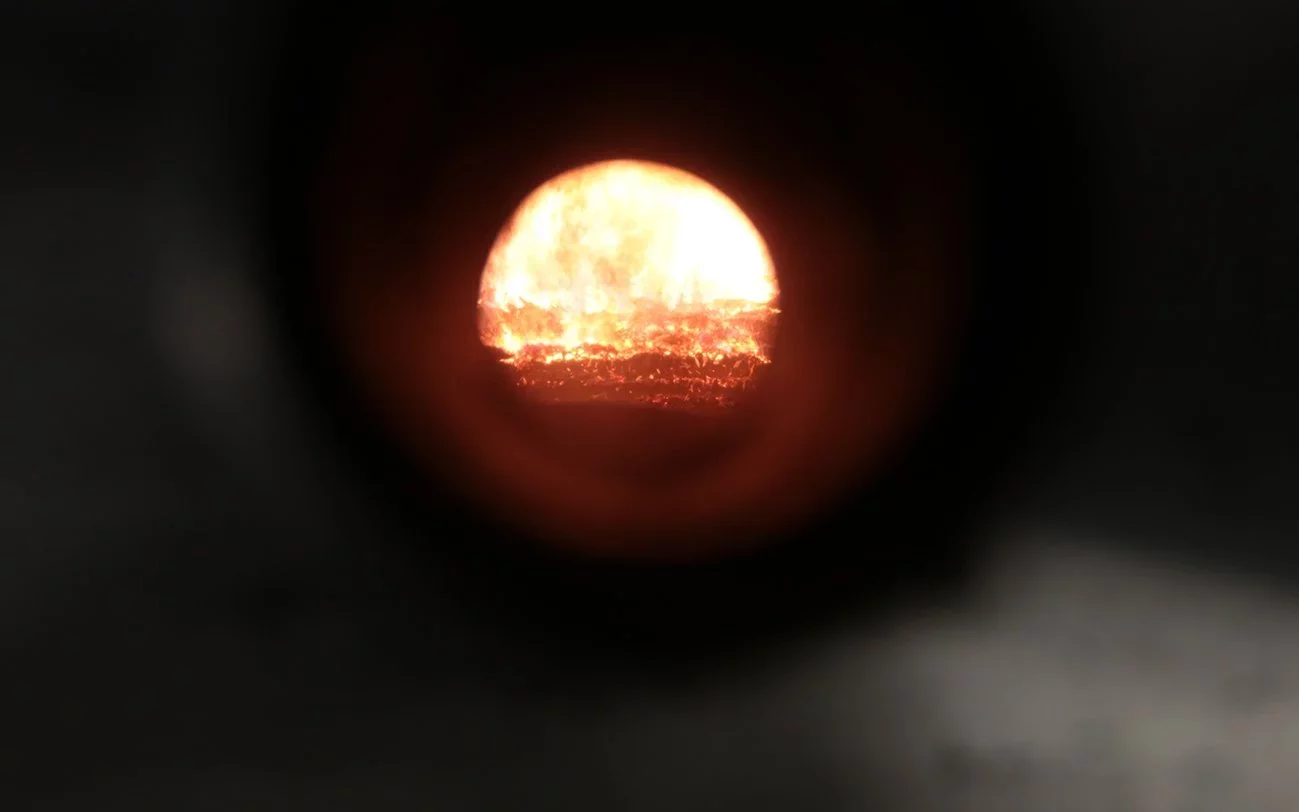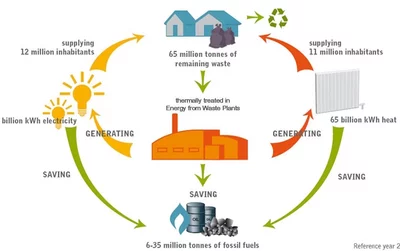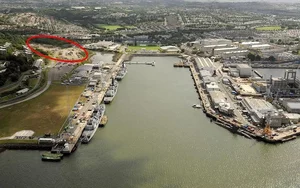Waste that is not recycled is often sent to landfill; this is not sustainable. The United Kingdom has to find alternative waste disposal methods to landfill as this produces a significant amount of greenhouse gases that contribute to global warming and liquid waste which could pollute water supplies. We must find a more environmentally responsible way to dispose of this residual waste.
The move towards alternative waste treatment processes and more CHP is being driven by the European Union Landfill Directive and Climate Change Policy. Councils which fail to meet stringent new targets will face financial penalties for waste which is landfilled.
The most efficient way to recycle waste is to maximise kerbside collection of segregated waste streams. The use of additional technologies to process waste that is not recycled at the kerbside adds very little to the quantity of waste which is diverted from landfill. Therefore, generating energy from residual waste by thermal treatment with recovery of heat for use in the Dockyard and generation of electricity in CHP mode is the most efficient and least polluting option.
Energy from Waste – a sensible option
Using household waste as a resource for the generation of usable energy is environmentally beneficial as well as economically sensible.
In environmental terms, non-recyclable waste is treated as a resource, with energy being recovered from it. Dependence on landfill is reduced and the release of methane (a harmful greenhouse gas) and leachate (a toxic liquid) from landfill is avoided. EfW provides a safe and well proven means of dealing with household waste that is not reused, recycled or composted. This waste is called residual waste. The use of EfW will reduce the amount of rubbish sent to landfill to help the environment, will meet Government targets and avoid expensive landfill taxes and fines.
EfW utilises waste that would otherwise be buried, to produce energy in the form of electricity and heat. Generating both at the same time for use in a process called CHP (combined heat and power) is the most efficient way of using residual waste. In terms of energy content, one tonne of waste equals roughly one-third of a tonne of hard coal. It is estimated that up to 4 per cent of the UK’s electricity needs could be met by EfW, reducing the need for fossil fuels.
Why Devonport? Plant at North Yard offers significant advantages
The decision to build the plant in Plymouth was based on the fact that most of the waste within the SWDWP area is produced there. This also means the lowest increase in traffic.
Additionally, the EfW plant provides cost-effective sustainable heat and electricity for the Naval Base in Plymouth, and potentially an extended heating network for the local area in the future. The site of the plant is part of the industrial setting of the Naval Base. Since the Naval Base has the largest concentrated demand for heat and electricity in the region, CHP here is a very efficient option.




